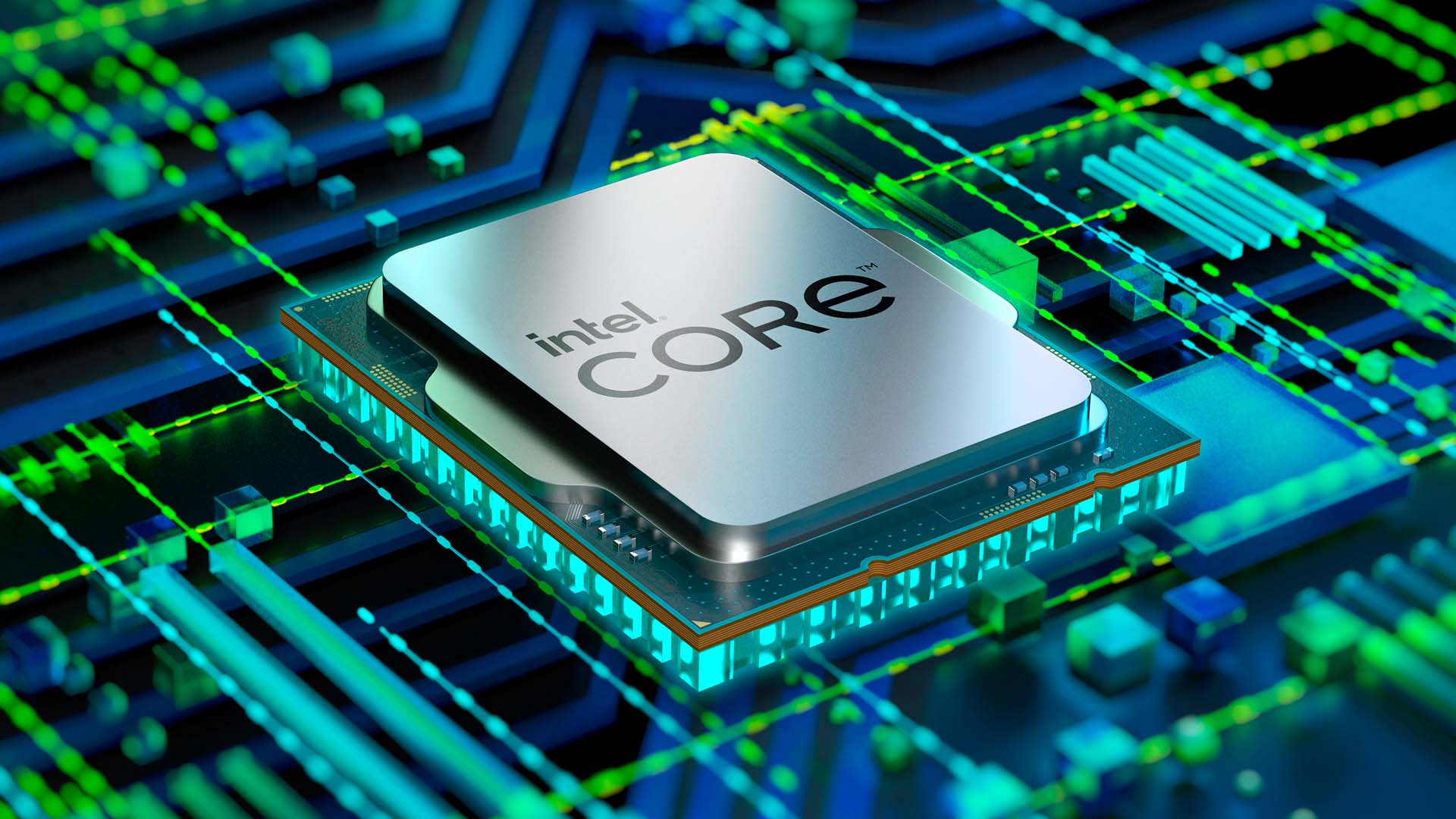
Intel unveils the 12th Gen Intel Core processor family with the launch of six new unlocked desktop processors, based on Intel’s performance hybrid architecture. The new six unlocked desktop processors were introduced Oct. 27, 2021. (Credit: Intel Corporation)
Chinese Regulatory Approval Eludes, Leading to Contract Termination
Chinese Regulatory Approval Eludes, Leading to Contract Termination Intel, the global technology giant, has faced an unforeseen setback in its acquisition plans as the much-needed approval from Chinese regulators for its contract with Israeli firm Tower Semiconductor has not materialized. In the wake of this regulatory impasse, Intel has decided against negotiating an extension of the contract, opting instead to pay Tower a significant $353 million break-up fee to terminate the deal.
Tower Left without Intel Deal as Chinese Approval Remains Unattainable Break-up Fee to be Paid
Chinese Regulatory Hurdles Derail Acquisition
Despite Intel’s endeavors, the anticipated approval from Chinese regulatory bodies crucial for the acquisition of Tower Semiconductor has proven elusive. The contractual stipulation mandated this approval, making it a non-negotiable element of the agreement. In light of the lack of progress and the necessity for regulatory consent, Intel has had to reevaluate its position and the feasibility of proceeding with the acquisition.
A Difficult Decision Walking Away and Break-up Fee
Faced with the reality of an insurmountable regulatory hurdle, Intel has made the decision not to pursue an extension of the contract. As a result, Tower Semiconductor, the Israeli firm, will not be acquired by Intel. In order to dissolve the contract, Intel will pay Tower a substantial $353 million break-up fee. This fee is a consequential measure, reflective of the financial implications and commitments entailed by the contract termination.
Consequences for Both Parties
The failure to secure the necessary regulatory approval has ramifications for both Intel and Tower Semiconductor. For Intel, this setback affects its strategic plans and market positioning, potentially prompting a reassessment of its expansion strategies. For Tower Semiconductor, while the break-up fee compensates for the dissolution of the deal, it also signifies the end of a potential partnership that could have influenced its growth trajectory.
Navigating the Complex Landscape of Cross-Border Deals
Intel’s experience with its thwarted acquisition attempts underscores the complexities involved in cross-border deals, especially those involving regulatory approval from multiple jurisdictions. These hurdles can significantly impact contractual commitments, timelines, and strategic outcomes, often leading to tough decisions for all parties involved.
Lessons Learned and Future Considerations
The case of Intel and Tower Semiconductor serves as a reminder of the unpredictable nature of regulatory approvals, particularly in the context of international acquisitions. Companies venturing into such agreements must factor in the potential challenges and uncertainties posed by various regulatory bodies.
As both Intel and Tower Semiconductor chart their respective paths forward, this episode underscores the need for adaptability, strategic foresight, and the importance of managing risks associated with global transactions.

